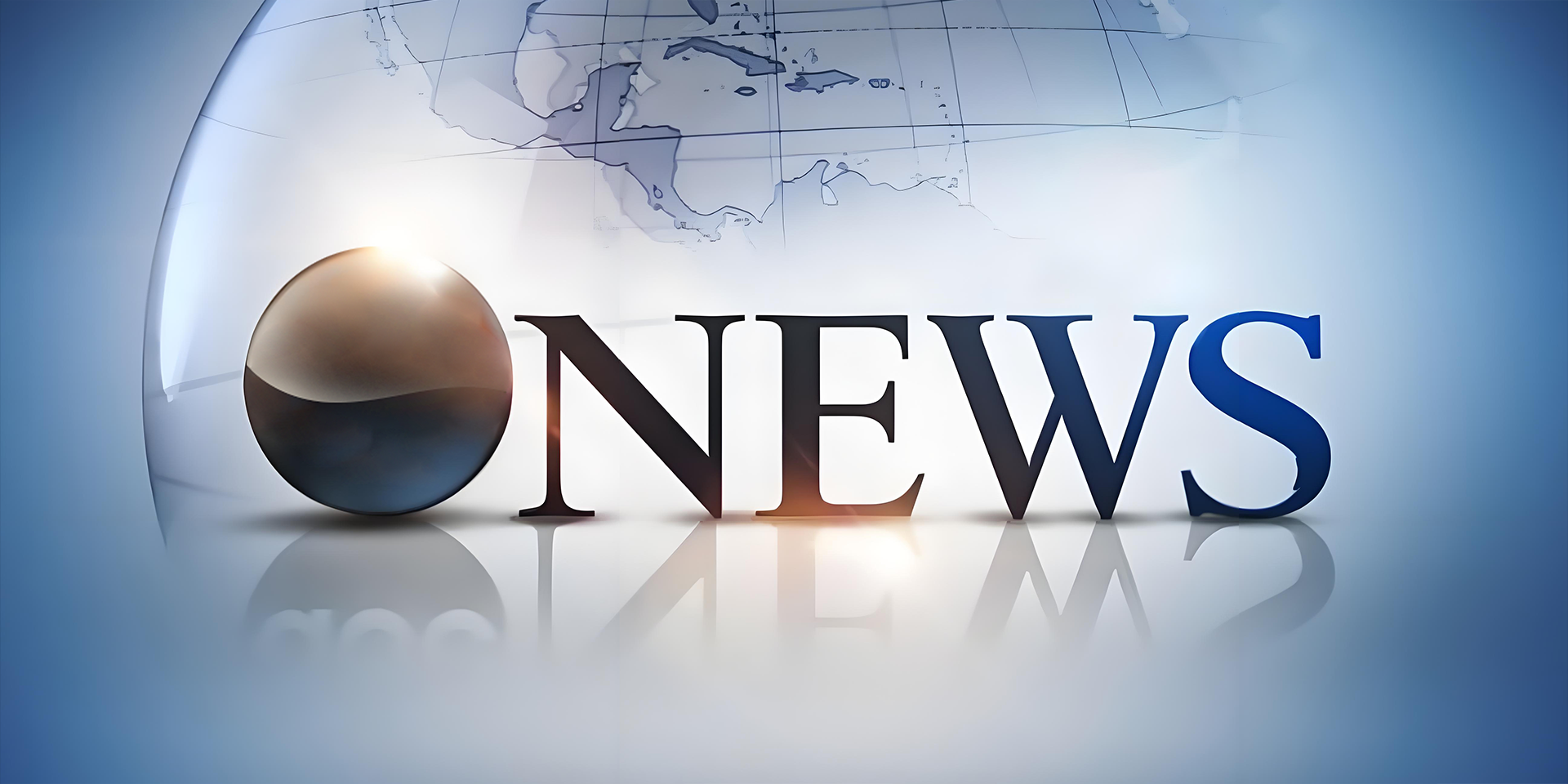New Sino-US Trade Talks: Lifting Technology Export Restrictions and Extending Tariff Ceasefire Impacting Trade and Logistics
Release time:
2025-07-29
Recently, China and the US held a new round of trade talks in Stockholm, Sweden, where several important issues were discussed, notably the suspension of technology export restrictions to China and the extension of the tariff ceasefire. These changes could have significant implications for cross-border logistics, particularly for freight forwarding between China and the US.
1. Suspension of Technology Export Restrictions – Beneficial for the Technology and Logistics Sectors
Before the talks, the US announced the suspension of technology export restrictions to China. This decision directly impacts the technology trade between the two nations, particularly in the fields of artificial intelligence and semiconductors. For the cross-border logistics industry, this means that the export restrictions on high-tech products will be eased, allowing the transportation of these goods to proceed without excessive limitations.
For example, the US Department of Commerce recently lifted the ban on Nvidia’s sales of AI chips to China, which is a positive development for companies requiring high-performance computing resources. In this context, the transportation of high-end electronic products and technological equipment is expected to accelerate, driving demand in related industries.
2. Extension of the Tariff Ceasefire – Providing More Stability for Businesses
It is expected that the US and China will extend the tariff ceasefire for another three months. This measure is crucial for maintaining trade stability, especially in areas like sea freight and air cargo. Due to the uncertainty surrounding tariff policies, many cross-border e-commerce and import/export companies have faced higher cost pressures. If the tariff ceasefire holds, it will provide businesses with more time to adjust and plan their strategies.
For freight forwarding companies, the stability of tariff policies will make it easier to plan transportation and supply chains more accurately. The suspension of tariff hikes will lower shipping costs and prevent disruptions caused by sudden policy changes.
3. Impact on Cross-Border E-Commerce and International Trade
With the easing of Sino-US trade tensions, the cross-border e-commerce sector and international trade are expected to experience favorable growth. For cargo shipments between China and the US, there will likely be a new surge in demand, particularly in e-commerce orders and consumer goods. Stable shipping costs and clearer policies will provide merchants with greater profit margins.
Conclusion:
The suspension of technology export restrictions and the extension of the tariff ceasefire are positive signals that indicate a new stage of cooperation in Sino-US trade. For the cross-border logistics industry, these developments will directly impact shipping demand, costs, and supply chain planning. If both countries continue to maintain strong trade relations, it will further stabilize global freight transport.
RELATED BLOG
Understanding Door-to-Door Sea Shipping from China to the USA: A Comprehensive Guide
Door-to-door sea shipping from China to the USA is a logistics service that entails transferring goods from a seller's location directly to the buyer's specified destination. This method is especially advantageous for businesses looking to import large quantities of products due to its cost-effectiveness and ability to handle bulky items. The door-to-door sea shipping process generally consists of
View Details









